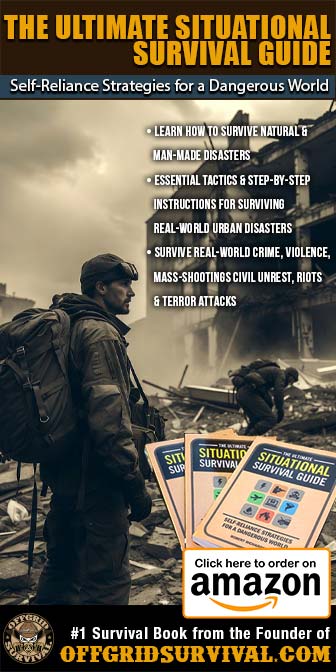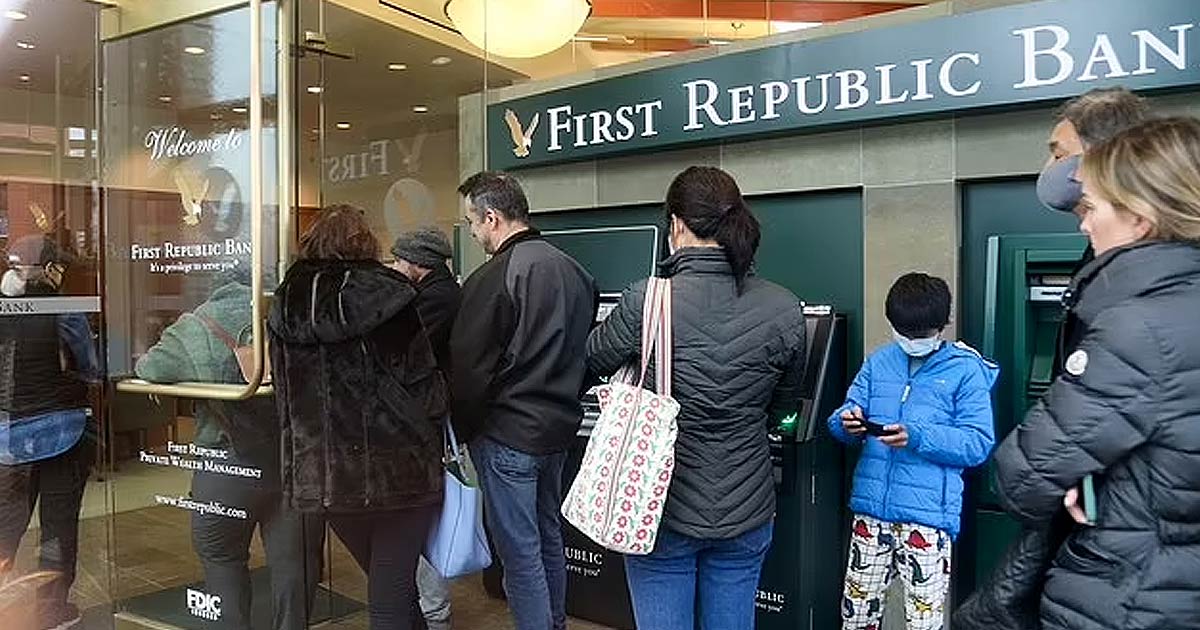First Republic Bank Seized and Sold to JPMorgan Chase Amidst Regional Bank Crisis
On the heels of the recent economic fallout from the collapse and FDIC takeover of First Republic Bank, we now see the acquisition of the bank by JPMorgan Chase, all under the guise of “saving the day.” But let’s be clear: this was entirely for JPMorgan’s benefit. They stand to profit $5 billion in just 5 years, while the FDIC is forced to cover $13 billion in losses. And where is the media outrage over this blatant manipulation of the system for the benefit of big banks?
JP Morgan’s acquisition of First Republic Bank has been the source of much controversy in the financial world. Critics have accused the banking giant of flouting laws that were designed to prevent any one bank from controlling too much of the US banking industry. These laws were put in place to ensure that the industry remained competitive, with no single bank holding an unfair advantage over its rivals. However, with JP Morgan’s FDIC-approved acquisition of First Republic Bank, the bank now controls more than 10% of all US deposits, effectively bypassing these laws.
Meanwhile, regional bank stocks are plummeting, yet the FDIC remains silent and the mainstream media fails to report on it. The fact is, in all of these recent bank collapses, shareholders are the ones getting shafted. Regulators are doing everything they can to avoid any hint of a “bailout,” so instead they just let the big banks absorb the losses and reap the rewards.
This short-sighted approach is only going to result in the further consolidation of power in the hands of a few mega-banks. Already, the top 15 banks control a whopping 75% of all US deposits. If this trend continues, we’ll soon see that number skyrocket to 90% or more. And where does that leave the American people? At the mercy of a handful of banks who have no incentive to serve their interests.
Just take a look at the numbers: this year alone, the entire US banking sector has lost nearly $2 trillion in market cap since January 1st. The top 10 regional banks have seen their stocks tank, with some experiencing losses of up to 75%. And yet, the FDIC remains silent and the media refuses to cover the real story.
The US Regional Bank stock has been hit particularly hard this year:
- HomeStreet, $HMST: -75%
- PacWest, $PACW: -71%
- Metropolitan Bank, $MCB: -64%
- Zions Bank, $ZION: -51%
- Western Alliance, $WAL: -47%
- KeyCorp, $KEY: -45%
- HarborOne, $HONE: -39%
- Valley National, $VLY: -35%
- Truist, $TFC: -33%
- Citizens Financial, $CFG: -32%
People need to wake the hell up! The future of our economy and our country depends on it.
It’s time for people to take action and protect themselves from the impending financial disaster. We can’t rely on the government to bail us out when their policies are what caused the problem in the first place. It’s time to get our finances in order, invest in assets that hold their value during times of economic turmoil, and become more self-sufficient.
Preparing for a possible Economic Collapse
We advise reading our article on Preparing for an Economic Collapse. We talk about the history of economic collapses, list the steps you need to take, and talk about what will most likely happen when the banking system goes down. You can read the article here.
Be Prepared to Feed Yourself when the Collapse Hits!
- Best Emergency Food: The Top Survival Food Supplies
- Survival Food – 56 Long-Term Survival Foods and Supplies at the Grocery Store
- Prepper 101: Your Survival Guide to Getting Started
Grocery Options that ship right to your Home:








I’ll stick with my local Credit Union as I have for over 20 Years. I’ve bought 3 cars and two houses plus a business building through my Credit Union.
Same here FLA…
My Credit Union is solvent and very stable with private depositor’s insurance. But at the same time, we’re taking steps to protect our $$$ with silver, gold, I-Bonds, T-Bills and hording cash…just in case.
Great day to be a soldier!
Out Here.